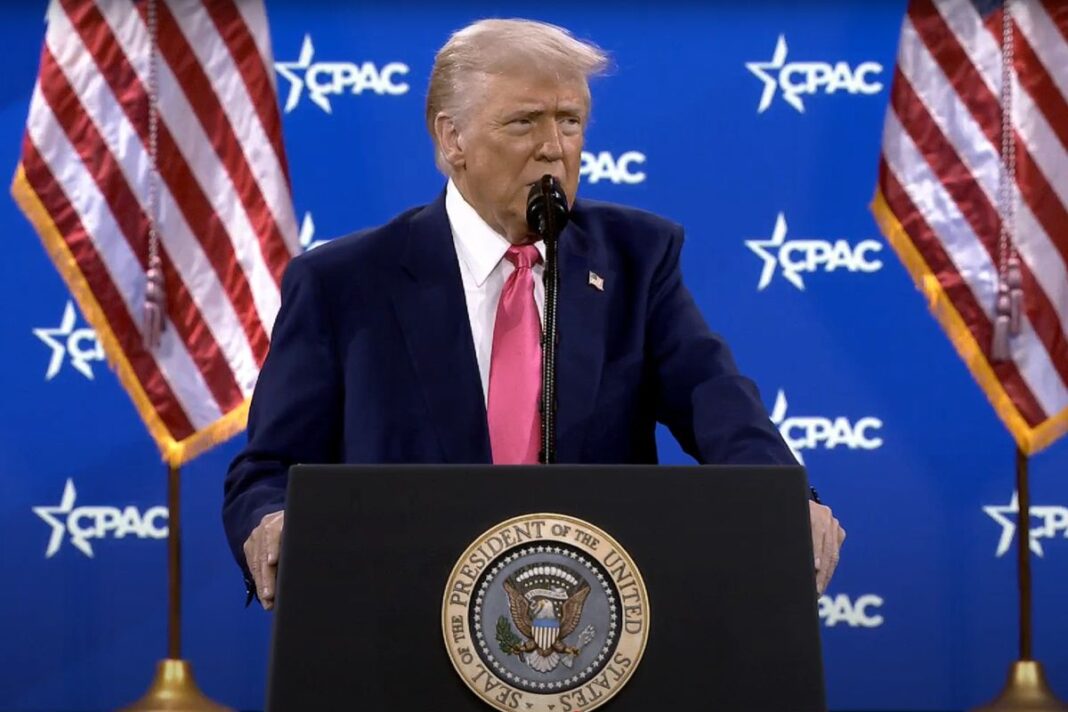Bessent emphasized that the plan would not burden Ukraine with debt or transfer Ukrainian assets to U.S. ownership.
Treasury Secretary Scott Bessent said Saturday that President Donald Trump’s proposed economic partnership with Ukraine would benefit both countries by securing U.S. taxpayer interests while fueling Ukraine’s postwar recovery, transforming the embattled country into one that is rich and stable.
In a Feb. 22 op-ed for the Financial Times, Bessent outlined the deal, in which the Ukrainian government would allocate its revenue from natural resources, infrastructure, and other assets to a fund dedicated to long-term reconstruction and development, with the United States having economic and governance rights in those future investments.
“This structure and relationship bring the high standards of transparency, accountability, corporate governance and legal frameworks necessary to attract the robust private investment for postwar growth in Ukraine,” he wrote. “The U.S.’s involvement would leave no room for corruption and insider deals.”
Bessent emphasized that the plan would not burden Ukraine with debt or transfer Ukrainian assets to U.S. ownership, distinguishing it from economic strategies used by other global actors.
“President Trump’s innovative approach represents a new model for productive international partnership. Let’s also be clear as to what this is not. The U.S. would not be taking ownership of physical assets in Ukraine. Nor would it be saddling Ukraine with more debt,” Bessent wrote, adding that the deal does not involve any “economic pressure” on Kyiv that would undermine its sovereignty.
While Bessent did not single out any specific countries, China is known for its “debt trap” diplomacy, which involves saddling countries with debt and when they can’t repay, and taking ownership of their resources or infrastructure.
“This type of economic pressure, while deployed by other global actors, would advance neither American nor Ukrainian interests,” Bessent wrote. “In order to create more value over the long term, the U.S. must be invested alongside the people of Ukraine, so that both sides are incentivized to gain as much as possible.”
Bessent said proceeds from Ukraine’s natural resources would be reinvested into key sectors that would drive economic expansion, while ensuring countries that did not support Ukraine’s defense would not profit from its reconstruction. He pointed to Poland’s post-1992 economic transformation as a model for Ukraine’s potential growth, citing structural reforms, infrastructure investment, and foreign investment as key factors in tripling Poland’s economy after its people toppled communism and embraced free markets.






